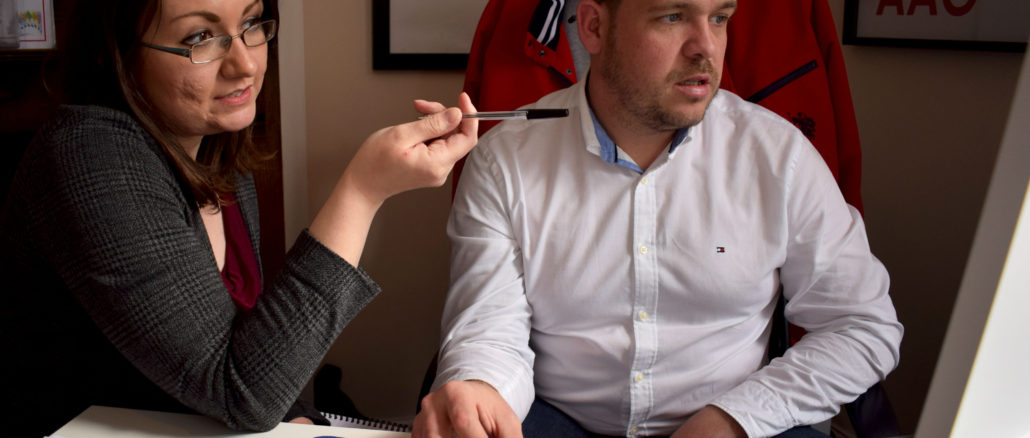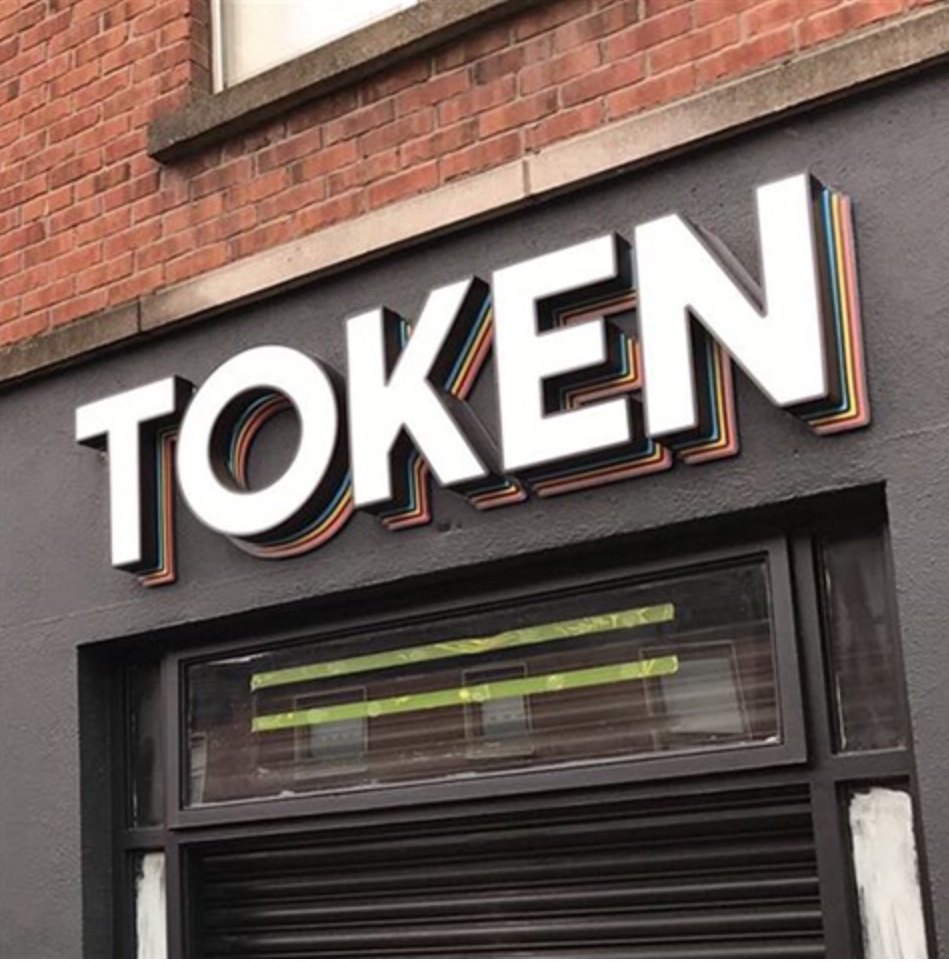
[dropcap]The[/dropcap] sky was normally dark, when Amy entered Peter Marks hairdressers at 8:30am. She already had her makeup done but her hair had to be pristine so she did that in the salon before she began work at 9am. She started her apprenticeship at the age of eighteen, because she wanted a job and had no idea what career she wanted to go into. She started doing the basics: washing hair, cleaning the equipment, drying hair and getting coffees. It all seems tedious but she gradually worked her way up to attending courses and learning how to colour and highlight hair.
The days were long, especially Thursdays when she worked from 9 to 9. It is like working and being in college at the same time so learning was optimised but so was exhaustion. She had to organise people to come into the hairdressers so she could practice on them while qualified hairdressers supervised her.
She handed in her notice in April, a year before completing her apprenticeship because she realised it was not the avenue she wished to go down. Even though she has decided not to pursue a career in hairdressing, her experience as an apprentice has become an invaluable necessity in life. Her confidence soared and her communicative skills have become second to none.
Apprenticeships are obviously another laudable option to learn and immerse yourself in an area that may interest you but here in Ireland, in 2016, less than 1 percent of the state’s apprenticeships are taken by women.
Exactly 52 out of 9,587 apprenticeships active in Ireland this year are occupied by women. But what is the reason behind such an enormous gender imbalance when apprenticeships are known to be an effective way of educating yourself and gaining employment?
A lot of women, and perhaps people in general, have a certain mind-set that apprenticeships are only for professions which are male dominated. This is not the case whatsoever. There are now apprenticeships in cooking, accounting, software development and even hairdressing and different variations are proposed every year.
In 2014, 25 new apprenticeships were proposed on top of the 23 already existing apprenticeships in Ireland. This expanded the opportunities and fields that apprentices could choose to go into. There are now 29 active state-sponsored apprenticeships in Ireland this year.
Even though some professions were traditionally dominated by men doesn’t mean they have to remain so, SOLAS said. Electrical was the second most popular form of apprenticeship that women opted to undertake this year. Electricians were traditionally always viewed as men but times are changing and job aspirations are too.
In Amy’s hairdresser, they are taking on their first male apprentice this year while a hairdresser nearby called Style Club has already taken on three or four. The gender roles are not confined to what used to be deemed socially acceptable, and that is something that is applicable to both men and women.
Both the OECD and the European Commission are placing increasing emphasis on the advantages of apprenticeship training. They believe that they are incredibly useful in helping people move from the traditional form of schooling to the work force. Apprenticeships allow for a medium between the two, which makes the transfer easier to cope with.
It is proven that learning is maximised when you are forced to do the job rather than solely learning it theoretically. A minimum of 50 percent of an apprenticeship is devoted to practical work or on-the-job training so you get a hands-on experience.
SOLAS, who are in charge of the apprenticeship council in Ireland, have said that this gender imbalance is something that they are looking to rectify in the very near future. They are looking to work with women’s council in the coming months in order to lessen the gap between men and women in apprenticeship roles.
They said that they already offer a bursary to employers who hire female apprenticeships but this is not working effectively. It is more so a bonus rather than an incentive at the current time and this is something they wish to change.
The Director of Communications and Secretariat of SOLAS, Nikki Gallagher, spoke to The College View about the gender imbalance in apprenticeship roles. “Female apprentices are really super. We haven’t heard anybody regret hiring a female so if a woman can do the job really well then what’s the barrier, what’s the issue?”
“Many people say that there aren’t a lot of women on building sites but there actually are. There are architects, electricians and roles to organise the construction so why didn’t these women take apprenticeship roles?” she said.
Amy was shocked that more women do not undertake apprenticeships because she truly believes that it has shaped her into the person she is today. “I wouldn’t be where I am today. I wouldn’t have my current job and I wouldn’t have the friends I made throughout my time there.”
Shauna Bowers
Photo Credit: Laura Horan




Where can you get a list of apprenterships for girls. And how & who do you apy to